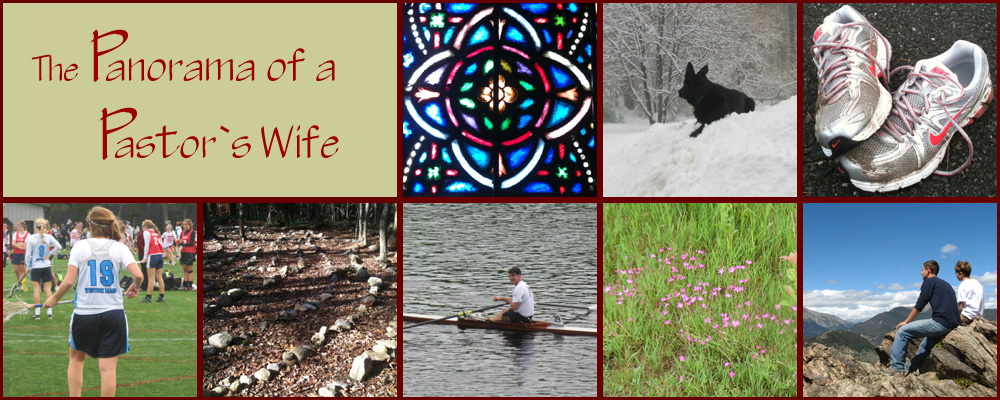Isn’t it wonderful how some of us can listen, or view, something and pronounce it a triumph and then others of us can have the exact same sensory experience and call it a travesty?
Don’t worry, I am not taking the impending Inauguration as my subject. That would be a room-clearer for sure.
Lo and behold, after the Christmas Hymns and Carols have been put away, and we’ve sung as much of “Auld Lang Syne” as we could remember (a certain loved one of mine recently blithely advised another loved one without reading glasses in church to just “Sing what you know!”) in comes an early- January melodic surprise.
It is a widely circulated video of an unusual performance of an old church standby, but this time sung by a most unlikely chorus: a group of Nigerian elder statesmen, most at least in their 70’s, with reputations that heretofore have not included their ability to carry a tune.

Apparently, they offered this up as a kind of New Year’s message of peace and goodwill to their fellow countrymen and women. You’ll see that it could easily be viewed as a kind of an apology as well.
Coming to me as it did on my morning commute, amidst the highway glare and the perpetual updates about Trump’s tweets, it was pretty thoroughly refreshing.
Without further delay, let me offer you the full performance. In the preamble, you’ll see some of the most famous government buildings in Nigeria and then close-ups of the various individual gravelly-voiced singers, some delivering their assigned lines in Yoruba, or another tribal language.
Here you go.
It was just the audio version I heard at first, but it was enough to lift my spirits. Fact is, there has probably never been a time that hearing “Oh God Our Help In Ages Past” has not in some way lifted, or more accurately stirred my spirits.
A personal digression seems in order here.
In my early years I heard hymns only sporadically when my visiting Canadian grandmother would introduce them to me at the piano, definitely not from regular Sunday church (which my siblings and I did not attend). In my first couple of jobs as a boarding school teacher, though, I went to chapel services more regularly, and some of those must have included this hymn. I think.

Truth be told, I get it confused sometimes with another really famous one –“Jerusalem”—with lyrics written by William Blake. This one is of course about England, but for whatever reason it’s been frequently claimed as an official school song (in private schools because they’re more like public schools across the pond) all over the United States too.
The point is that, to my ears anyway, both of these hymns have a particular kind of solidity, a seriousness of purpose, that won’t let you go. No slouching in the pews, and make sure you feel the whole sweep of humanity while you sing!
O God, our help in ages past,
Our hope for years to come,
Our shelter from the stormy blast,
And our eternal home.
That’s why it was so easy to be drawn in by the charm, yes—charm, of this latest performance. I mean, it’s rousing enough hearing a bunch of schoolchildren deliver it, but when we get a version by grey-haired people with the weight of experience on their collective shoulders, especially if it comes to us from a land far away, a land we’ve wondered or read about but never visited, well then it’s even more mesmerizing.
And even though we know that Nigeria today is facing a huge array of problems, Boko Haram being perhaps only the most publicized, and a couple of these gentlemen say they are grateful to God “in spite of the mess we made of the country,” surely we are willing to give them a nod for the nice gesture that this video represents.
So I thought, anyway. A few days after my first viewing, however, I came upon this article (1/5/2017) in The New York Times, on an inside page: “Peace Hymn In Nigeria Is Panned As Tone-Deaf.” Here’s an excerpt:
But the amateur choir was mocked by some Nigerians, who expressed dismay at a gathering that included several former military rulers, and leaders they partly blame for corruption, misrule and instability in Nigeria, the most populous African nation.
Apparently, many activists have been speaking out about how this performance is, to them anyway, dripping with irony, besides being comic; they say that these guys have the gall to claim God on their side even though they did nothing to solve the problems, or even helped to create them in the first place. The embrace of Christianity might look endearing, but past sins can’t be erased that easily. Furthermore, to address evil in all corners of the land, there is hard work to do by real people. To these listeners, it might be a little bit like Richard Nixon singing, “My Country Tis of Thee.”
This, too, makes perfect sense of course.
I’d like to ask the young Nigerian writer Ngozi Chlmamandi Adichie what she thinks of the singing elder statesmen. The tale she tells in her wonderful novel, Americanah, is based on the alternating points of view of two characters, teenagers who become separated and then chart their own immigration stories, experiencing various forms of racism along the way. She also gave a TED talk called “The danger of the single story.” I encourage you to listen to that right here.
To borrow from the hymn, “in ages past” people may have somehow gotten away with living as if a single story, or a single point of view or a single culture, could be sufficient. Now, though, “our hope for years to come” must surely be in seeing the world as the rich tapestry that it is. I guess this means there’s more than one way to hear an old standby.
